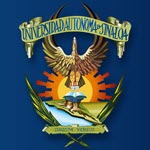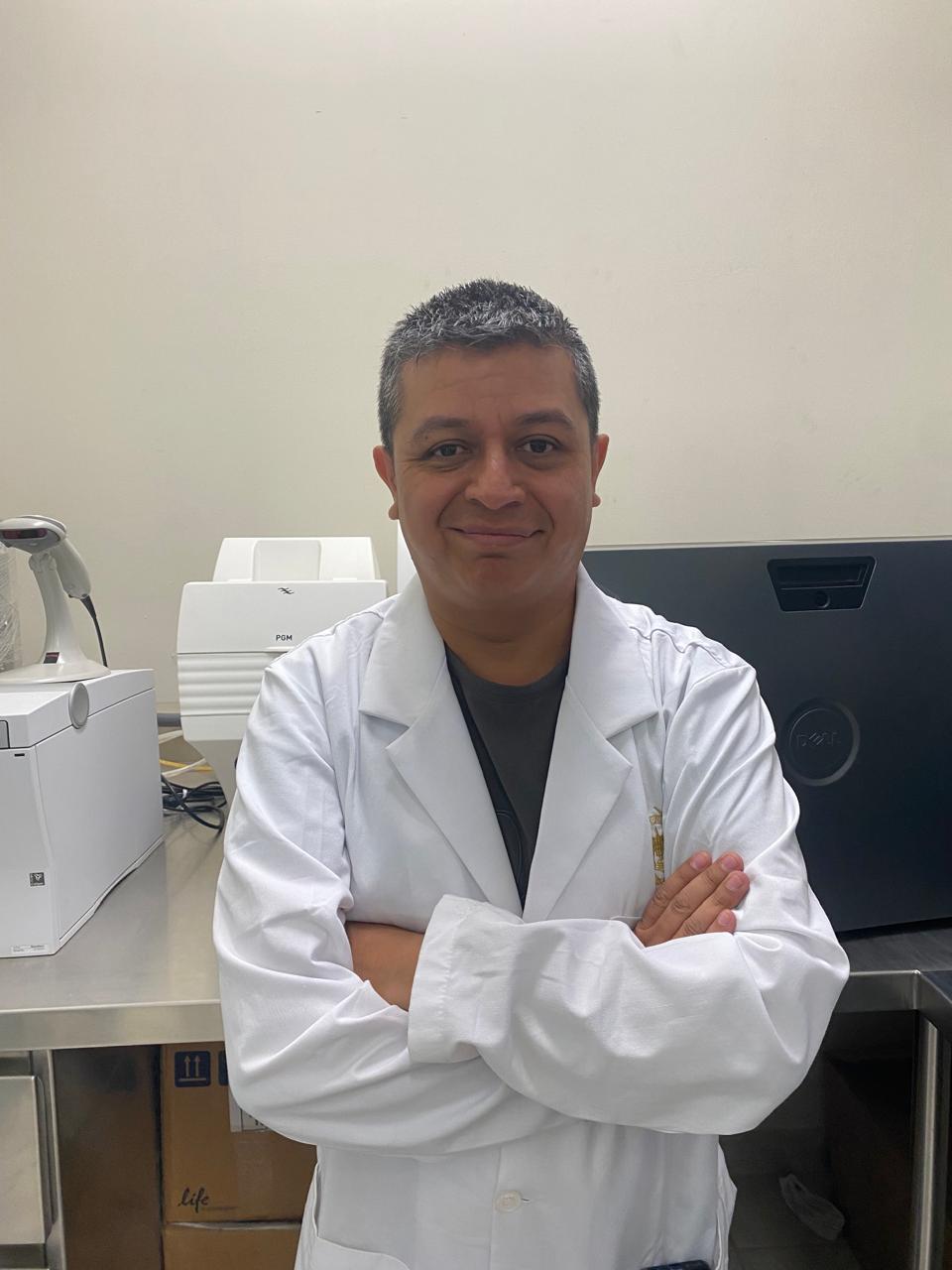Below is a summary of the abstract you submitted. Presenting author(s) is shown in bold.
If any changes need to be made, you can modify the abstract or change the authors.
You can also download a .docx version of this abstract.
If there are any problems, please email Dan at dar78@pitt.edu and he'll take care of them!
This abstract was last modified on May 16, 2025 at 10 p.m..

Antimicrobial resistance occurs when pathogens no longer respond to antimicrobial medicines. Threatens human health and is one of the top global public health and development threats. Groups of bacteria can evade antimicrobial treatments. The diversity of the bacteriophages in the environment is unknown. Bacteriophages are one of the most promising treatments for the infection of MDR bacteria, due to their high specificity for their host and the ability to infect MDR bacteria. This study has the purpose of isolating different bacteriophages from the environment that can infect multidrug-resistant bacteria, and evaluating their morphology. As a result, a total of 11 bacteriophages were obtained. Six bacteriophages are from river samples, and five are from sewage samples. Four bacteriophages were active against K. pneumoniae, three against A. baumannii, and four bacteriophages against E. coli.

